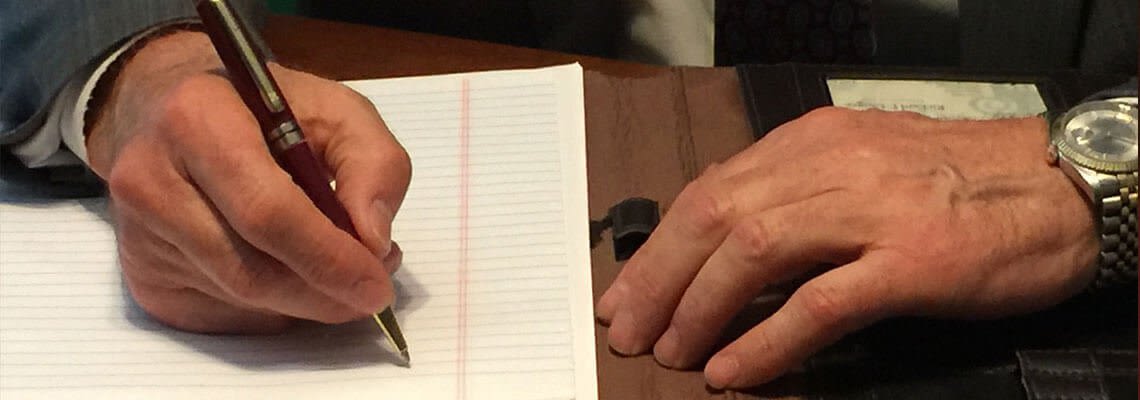
CHILD PORNOGRAPHY AND COMPUTER CRIMES INVOLVING CHILDREN
Arizona and Federal law defines Child Pornography as material visually depicting a minor in a sexual manner. See A.R.S.§§13-3551 and 13-3553 and 18 U.S.C. §§ 2251 and 2252.
Under both jurisdictions even mere possession is a serious crime severely punished by mandatory prison sentences based on each image possessed. These sentences can easily exceed 20 years and often constitute life sentences. It makes no difference if the accused has no prior criminal record.
Law enforcement generally finds out about this crime through file sharing programs. Also it now appears that certain internet providers are informing law enforcement when known child pornography files are downloaded at a particular IP address.
Law enforcement generally proceeds by obtaining a search warrant for the IP address seeking to seize all computers and peripherals at the location. The execution of these warrants are deliberately timed to find people at the location who can be confronted and interviewed. In these interviews law enforcement officers will seek to (1) establish who uses particular computers; (2) what that person uses the computer for; and (3) is that person aware that child pornography is on the computer. This is critical information for the successful prosecution of these cases.
Anyone confronted by officers with a search warrant such as this should fully cooperate in letting the officers search. BUT THEY SHOULD NOT TALK TO THESE OFFICERS WITHOUT AN ATTORNEY. YOU DO NOT HAVE TO TALK. DON'T DO IT. TALKING IS THE WORST THING YOU CAN DO.
Many, or even most, attorneys who represent client in the ChildPornography cases assume from the outset of the case that they will be urging the client to accept whatever plea offer the state or federal prosecution offers. They assume there are no defenses in these cases and base their fees on the assumption they will be pleading the case and not examining the evidence with an independent computer forensic team and challenging the prosecutor's evidence with motions. The Lougee Law Firm, before even considering a resolution of the case with a plea agreement, will demand to have their experts view the seized electronic evidence to determine whether the prosecutor can prove the accused purposefully accessed the proscribed images. The firm also has been filing motions challenging the legality of the grand jury search warrants being improperly used by the local police departments to obtain residence addresses from Internet service providers. These motions have not yet been decided by the Courts but provide a credible challenge to the state's case by seeking suppression of all of the evidence seized (including statements by the accused) during the execution of the search warrant.
